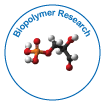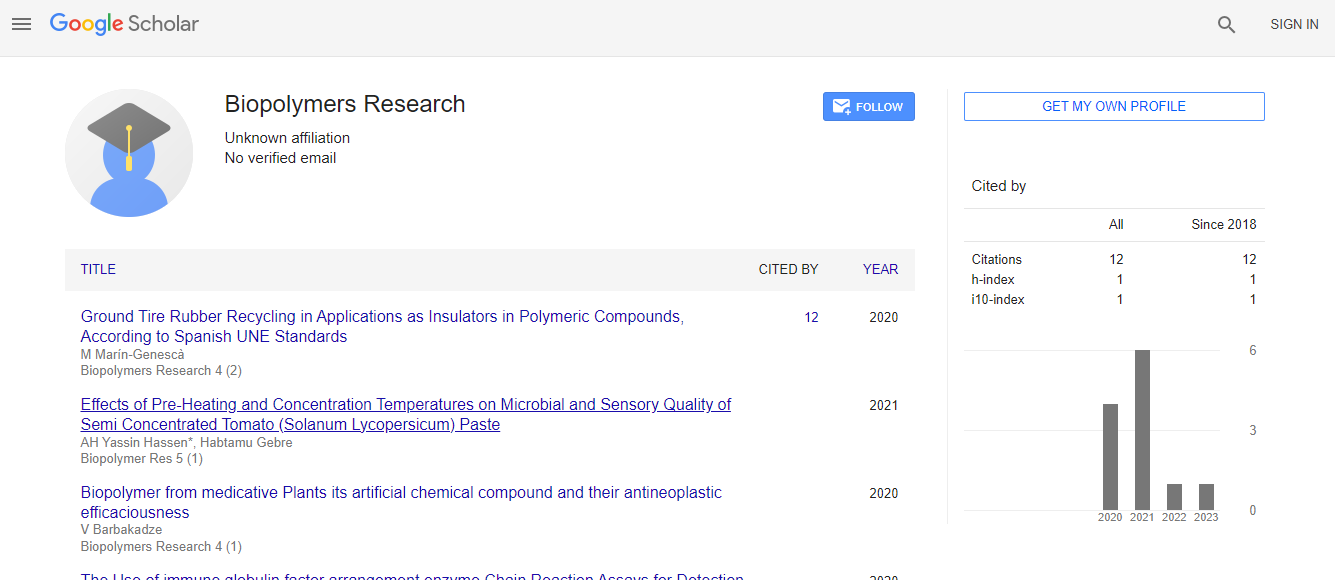Virus-Free Synthesis of a hepatitis C Virus P7 cDNA through a Three Steps enzyme Chain Reaction
*Corresponding Author:
Copyright: © 2018 . This is an open-access article distributed under the terms of the Creative Commons Attribution License, which permits unrestricted use, distribution, and reproduction in any medium, provided the original author and source are credited.
Abstract
Hepatitis C virus (HCV) infection represents an excellent public health care challenge because it affects nearly one hundred seventy million people worldwide. Therefore, the deep investigation of the mechanisms concerned within the pathologic process of chronic liver disease evoked by HCV could be a crucial step within the style of novel targeted therapies for the treatment of this condition. However, techniques of biological science to characterize HCV proteins will suffer of intrinsic limitations thanks to high mutation rates of the virus ordering. during this study, we tend to propose a unique strategy to synthesize a microorganism cDNA sequence such as the p7 sequence in HCV genome-free conditions. Our approach consists of a three-steps enzyme chain reactions (PCRs) by employing a set of 4 giant overlapping artificial oligonucleotides aimed to one by one amplify each 5’ and 3’ ends of the p7 gene; 5’ and 3’ merchandise, overlapping themselves, were then used as a templet in a 3rd PCR amplification so as to induce a full-length p7 cDNA. Our methodology represents a noteworthy proof-of-principle because it permits for the safe manipulation of short microorganism genes

 Spanish
Spanish  Chinese
Chinese  Russian
Russian  German
German  French
French  Japanese
Japanese  Portuguese
Portuguese  Hindi
Hindi 
